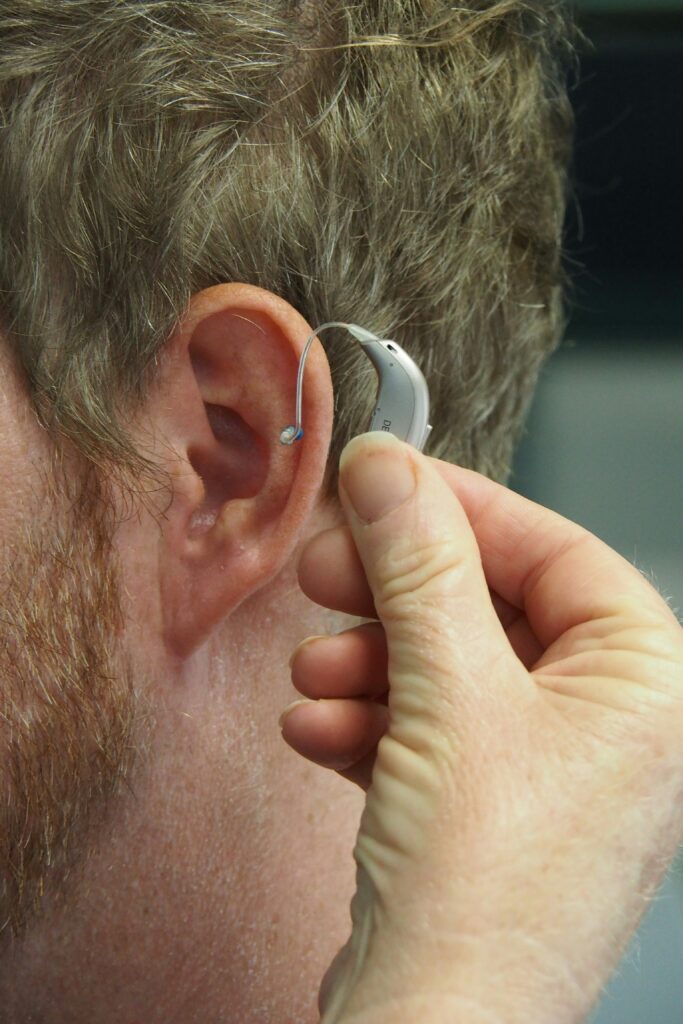
Hearing loss is incredibly common, especially as we age.
In many cases it is age-related as parts and pathways get a little worn, but in plenty of other cases it can be caused by external factors or even something we are doing to ourselves.
There are lots of us with, or going to get, hearing loss. Around 900,000 Kiwis have some level of hearing loss, that’s one in six of us.
And guys are more likely to have it than women, 21% adult males against a tick over 17% for adult women. Some of the difference may be the result of occupational noise exposure in some workplaces.
There are three levels of recognised hearing loss:
Mild hearing loss – a decibel loss of 20-34dB, most common affecting around 65% of hearing loss suffers.
Moderate: loss in the 35-64dB range, about 30% of sufferers
Severe: loss of 65dB or more, about 5% of sufferers.
There are two main types of hearing loss
‘Conductive’ hearing loss is caused by obstructions or malfunctions in the outer or middle ear. It can be caused by:
- outer or middle ear infections and malfunctions
- a damaged ear drum
- impacted ear wax.
‘Sensorineural‘ hearing loss is caused by damage to the hair cells in the inner ear. It can be caused by:
- ageing
- exposure to loud noise, such as machinery or loud music
- diseases such as meningitis
- certain chemicals and medications, known as ototoxic medications.
The experts can help

The good news for those with sensorineural hearing loss is that you can usually compensate for this by using a modern hearing aid. This can noticeably improve your hearing.
This is all worked out by specialists called audiologists who test hearing and treat hearing loss. Audiologists can also test and advise on auditory processing, tinnitus (ringing in the ears), and balance problems.
Audiologist treatment of hearing loss can include hearing aids or other assistive devices, implantable devices, as well as specialised advice such as counselling and listening strategies. They can also refer you to medical professionals or an Ear, Nose and Throat (ENT) specialist for other treatment.
More:
Find out more about hearing aids and if they could be for you
Read Consumer’s guide to hearing aid costs and effectiveness
Warning signs of hearing loss
A few common warning signs of hearing loss include:
- hearing muffled sounds
- difficulty in understanding conversations in noisy places
- difficulty in hearing high-pitch sounds
- difficulty in hearing speech consonants
- ringing in ears
- asking someone to repeat what they said or speak loudly
- hypersensitivity to certain sounds
People who have any of the above symptoms should consult a doctor or auditory professional
Left untreated, hearing loss is often related to:
- Negative attitudes, anger and irritability
- Stress, fatigue and tension
- Depression
- Loneliness
- Desire to avoid social scenes
- Unsafe situations due to decreased alertness
- Lower job performance
- Trouble remembering things or following directions
- Cognitive decline.

